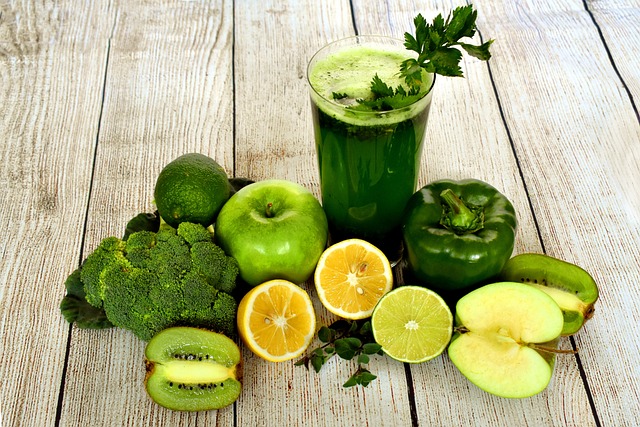Like all organs in the body, the lungs age, and their functions change with age. This purely physiological phenomenon is accentuated in smokers and former smokers. But is quitting smoking enough to protect the lungs from accelerated aging? Are other behaviors likely to slow the deterioration of lung function? According to a recent study, certain foods should be favored to preserve our lung capital for as long as possible.
Lungs and aging
Like the rest of the body, the lungs age. The age-related lung changes are as follows:
-
- A decrease in peak expiratory flow (maximum breath velocity) and gas exchange (exchange of oxygen and carbon dioxide with each respiratory cycle);
- A decline in lung function marked by a decrease in forced vital capacity (maximum amount of air exhaled after maximum inspiration);
- A weakening of the respiratory muscles;
- A decline in the defense mechanisms of the lungs.
In healthy people, the aging of the lungs goes almost unnoticed, even if it can limit the practice of intense physical activities. On the other hand, it can accentuate the consequences of certain cardiac or pulmonary pathologies. The deterioration of lung function with age is combined in particular with the deleterious effects of tobacco.
Apples and tomatoes!
Eating certain foods to preserve your lungs is not an innate reaction for most people. However, a recent European study seems to show a significant impact of diet on lung function.
In 2002, researchers thus studied the diet and state of the lungs of 680 adults (average age: 43.8 years), living in Germany, the United Kingdom, or Norway. In 2012, these participants were subjected to a series of breathing tests. The diet of the participants was evaluated when they were included in the study, by a food questionnaire focusing in particular on the consumption of antioxidant foods (substances known to limit aging ).
The results of the study indicate that the participants consumed an average of 400 g of fruits and vegetables per day. Increased fruit consumption (more than three servings of fruit per day) was associated with reduced lung function decline (peak expiratory flow and forced vital capacity).
Forced vital capacity declined more slowly when consumption of certain foods increased:
- Apples
- Bananas
- Tomatoes
- Herbal teas
- Vitamin C
For peak expiratory flow, its decline was limited to people who consumed more apples and tomatoes (more than 2 tomatoes per day).
These positive effects of fruit consumption were only seen when these antioxidant foods were eaten fresh. Such effects were no longer observed if the foods were cooked, in the form of sauces, or incorporated into various dishes.
Ex-smokers on the front line!
High consumption of fruits (including tomatoes) could thus slow the decline of lung function in adults in midlife. In the study, these beneficial effects of fruits are increased in former smokers. The study authors suggest that the antioxidants in fresh fruit may help repair damage caused by previous exposure to tobacco.
A diet high in fruit could thus slow down the natural aging process of the lungs, especially in people with a history of smoking. The authors of the study conclude that it is useful to focus public health messages not only on the need to quit smoking but also on the importance of a healthy diet rich in antioxidant foods such as vegetables and fruits.
Lung function is a predictor of mortality, both in people with lung disease and in the general population. Diet could become a complementary means of combating the global rise in diagnoses of tobacco-related lung diseases, such as COPD. One more argument is not to forget fresh fruits and vegetables on the menu!
